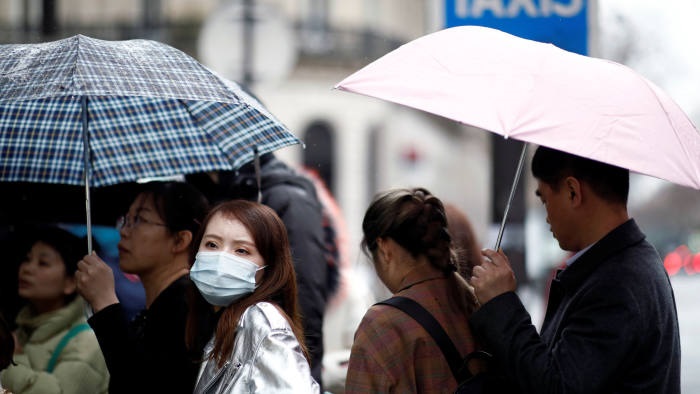EU institutions, on Tuesday, ordered staff who travelled to areas of Northern Italy hit by an outbreak of coronavirus to stay at home for two weeks.
This, it said, might be repeated by member states as concerns mount over the epidemic in Europe.
The number of cases in Italy, the country in Europe worst affected by the outbreak that first emerged in China, rose to more than 260 overnight from 229 on Monday, with the Northern regions of Lombardy most affected.
Under the EU rules, travel restrictions are decided by each of the 27 member states, but the bloc’s institutions can issue warnings to their staff.
The European Parliament ordered 14-day quarantine for all its staff who travelled to Lombardy, Piedmont, Emilia-Romagna and Veneto, the industrial and financial heartland of Italy.
The European Commission urged its staff to stay at home for two weeks only if they had visited over the past 14 days any of 11 designated towns in Northern Italy.
According to the EU document, among member states, only France had so far imposed quarantine measures on people returning from affected areas in Northern Italy.
The document, adopted after a meeting of EU health experts, said several member states were revising their travel advice to Italy.
At that meeting, Italian representatives said they would inform their counterparts on the spread of the epidemic and other developments, in particular the situation in ski resorts in the Alps.
According to the spokeswoman for the EU Executive, EU countries can suspend a border-free pact, known as the Schengen agreement, in the event of emergencies.
But so far, none have notified the Commission of any such move.
The EU Parliament advised its staff, returning from Northern Italy, to stay at home in self-isolation and take their temperature twice daily for 14 days.
Only after that period, if healthy, they could return to work.
The parliament’s advisory also concerned staff who travelled to China, Singapore and South Korea.
However, the only travel advisory adopted by EU institutions had been a notice from the Commission to its staff at the end of January to suspend non-essential travel to China.



Leave a Reply